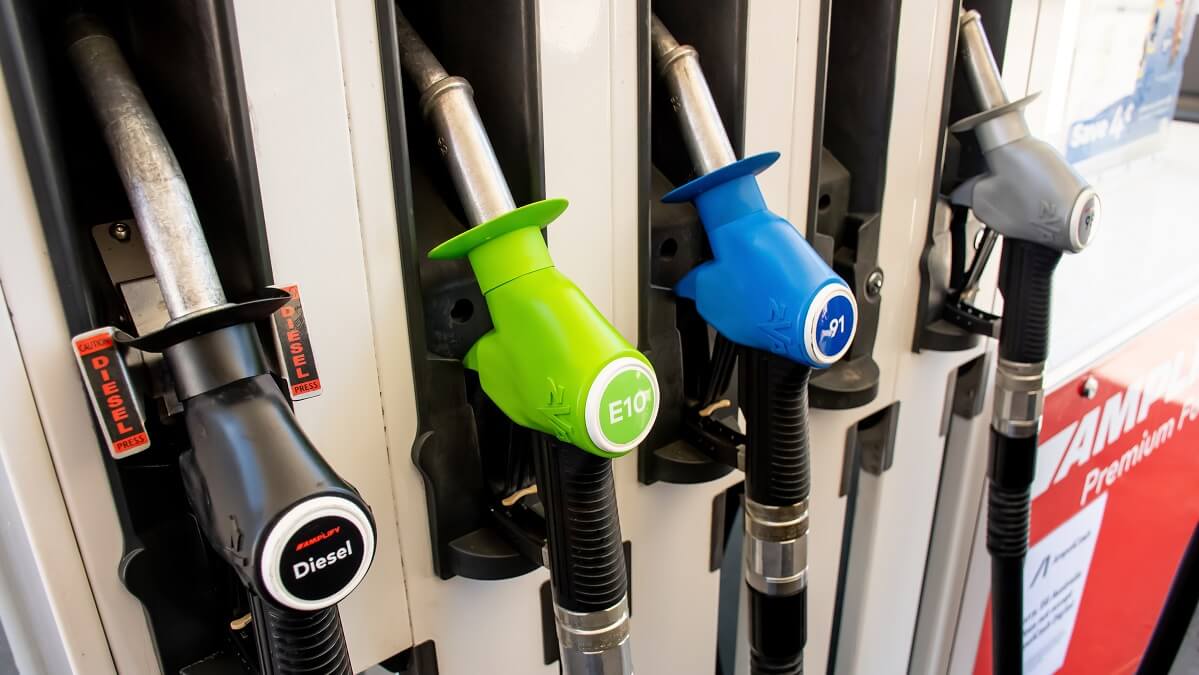Petrol prices rose sharply in September and are a major factor in the inflation rate. Now experts warn that oil prices could hit never-seen-before highs.
The September quarter Consumer Price Index (CPI) showed fuel prices jumped 7.2 per cent and were a major problem in the overall inflation rate. That’s because fuel often makes up a significant portion of a household’s expenses, so high prices strain the finances.
In addition to that, higher fuel costs are also lead to price rises for most products you buy every day.
Is there any relief in sight?
Unfortunately, according to some experts, the answer is no. Petrol prices have been pushed up by a number of factors including the war in Ukraine, the weak Australian dollar and lingering supply chain constraints from the pandemic.
Now, the situation in the Middle East between Israel and Hamas militants threatens to send the price of crude oil soaring even further.
The World Bank is warning oil prices could soon reach US$150 a barrel if the situation progresses to a full-scale war like that seen in the 1970s.
Back then, during the Arab-Israeli war of 1973, oil-producing Arab states ceased all exports to the West, sending the price of oil through the roof.
Analysis from the World Bank shows a similar disruption to oil supplies today would see the price of a barrel of oil increase from US$90 to somewhere between US$140 and $157 (all oil transactions are conducted in US dollars).
For reference, the world record price is US$147 a barrel (adjusted for inflation) set back in 2008.
Indermit Gill, chief economist at the World Bank says the two conflicts happening at the moment will inevitably force fuel prices up.
“The latest conflict in the Middle East comes on the heels of the biggest shock to commodity markets since the 1970s – Russia’s war with Ukraine,” he says.
“That had disruptive effects on the global economy that persist to this day.
“If the conflict were to escalate, the global economy would face a dual energy shock for the first time in decades.”
What does that mean for inflation?
The price of fuel needs to be factored into just about every product or item you buy.
That is because goods and products need to be transported from wherever they are grown or manufactured, to the store where you buy them.
So if oil prices rise, then so will the cost of food, clothing, medicines and virtually all the other necessities people rely on.
Inflation has been falling in most Western countries, including Australia, with big drops here in the cost of fruit and vegetables, especially tomatoes, capsicums and lettuce.
But a new fuel crisis would most likely see those drops reversed, says World Bank deputy chief economist Ayhan Kose.
“Higher oil prices, if sustained, inevitably mean higher food prices,” he said.
“If a severe oil-price shock materialises, it would push up food price inflation that has already been elevated.”
What’s the price of petrol like in your area? How much does it impact your budget? Let us know in the comments section below.
Also read: Living costs driving Aussies to switch to cheaper brands

